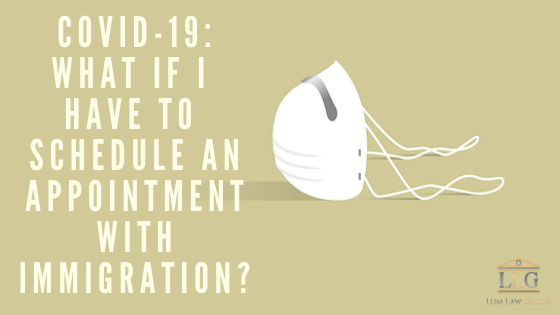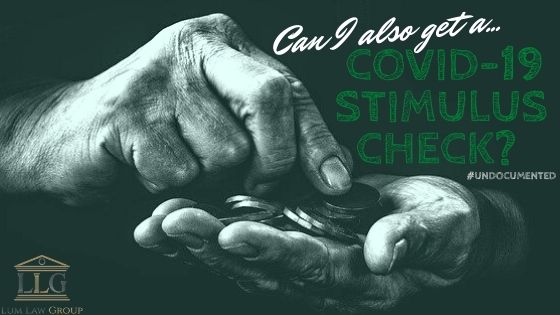How Do I Change My Business Model for COVID-19?

As California businesses have slowly been allowed to reopen, many business owners are not sure if they can continue as they have. Whether it’s due to the new COVID-19 restrictions for their industry, or fears as to whether customers consumption appetite has changed, business owners are now taking time to analyze how the pandemic will […]
What if I have to go to the office for my immigration application/petition?

During the novel COVID-19 pandemic, we are all trying our best to stay safe, stay home, and keep our distances. However, with United States Citizenship and Immigration (USCIS) offices opening up starting June 4, 2020, some of us may need to make a visit. A few reasons why you may need to visit USCIS include: […]
If I have no legal immigration status, can I still get a COVID-19 stimulus check?

On April 15, 2020, California Governor Newsom announced that undocumented adult immigrants will receive a $500 stimulus cash payment from the State. As previously discussed, many undocumented immigrants do not qualify for the federal CARES ACT stimulus check. Undocumented immigrants also do not qualify for unemployment insurance benefits. As a result, California will distribute $500 […]

